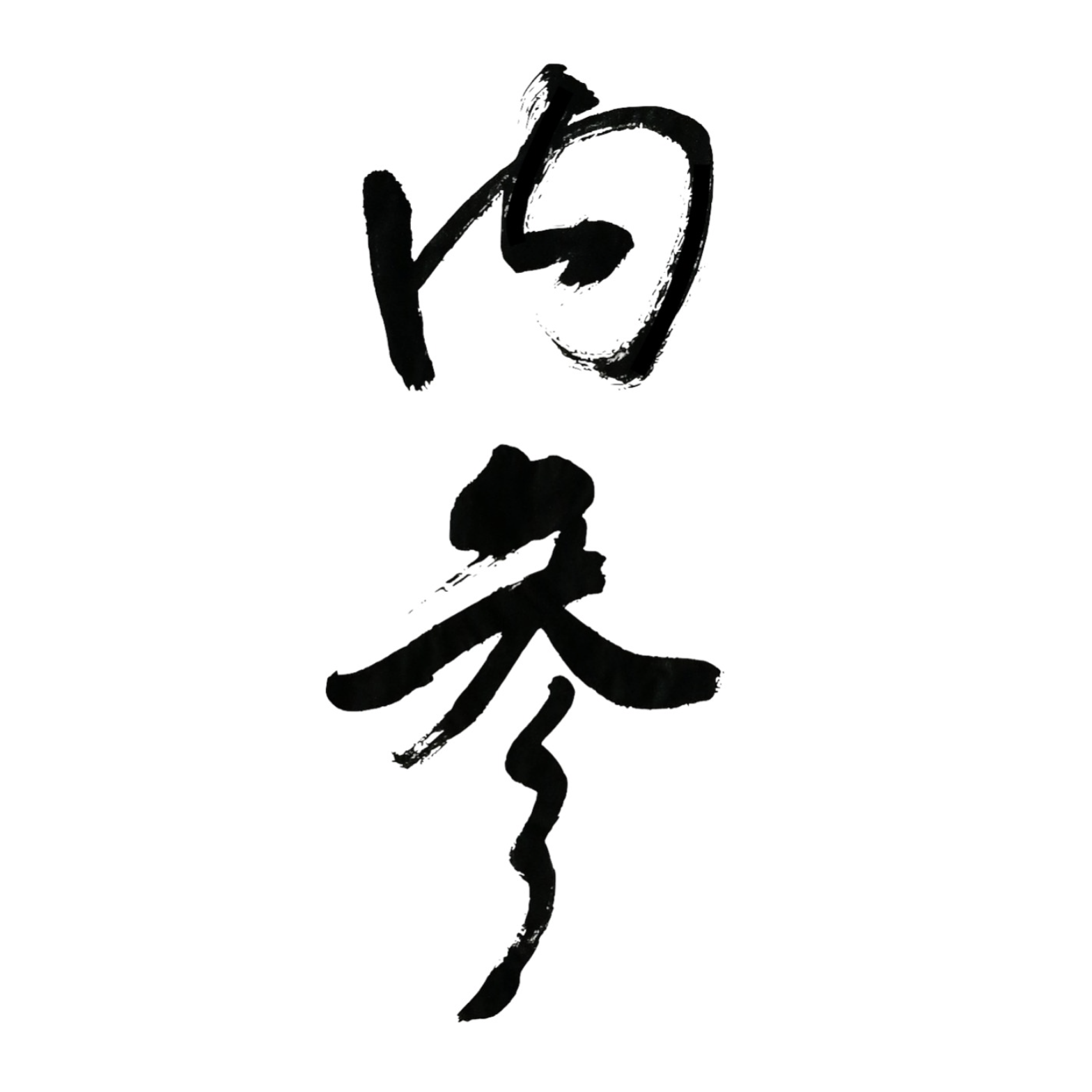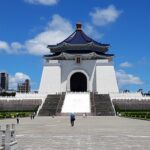Neican: Common prosperity, AfPak, privacy

1. Common prosperity The Central Financial and Economic Affairs Commission, China’s highest economic decision-making body, held a meeting to discuss “common prosperity” 共同富裕 (the Chinese term is also the literal translation of “common-wealth”, but Commonwealth means something quite different from common-wealth nowadays). You can find Adam’s take on the topic and his translation of the … more






